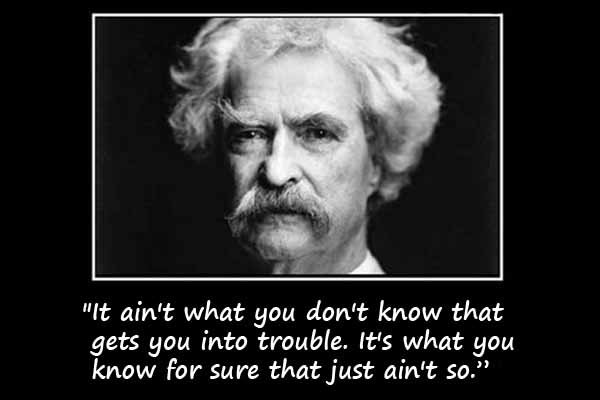I had a look at Wikipedia's entry for International Year of Languages. Not a lot as yet. One link was to the
World Network for Linguistic Diversity. It's humbling to see that they divide the world up into Asia, Europe, Latin America and the Caribbean, Africa, North America and then they go on to International Days. Australia does not "get a guernsey". We usually console ourselves that if international publications list "Asia and the Pacific", well of course that includes us! I'm used to being left off the map coming from Tasmania but it is a healthy reminder to Australians that many of the hubs of world power and influence - even the UN and Wikipedia!!! - does rate us worth a mention. I wonder if we should therefore (a) get the sulks (b) give praise and hope they just buy our minerals and leave our old growth forests alone or (c) actually make a huge effort to reach out to the rest of the world.
I should report that we get a prominent note under Regional events and activities.
15-16 May 2008: Open Road Conference - Multilingualism and the Information Society, Melbourne, Australia. But that's it. Nothing else goin' on?
Actually, Francesco Ricatti at USC found this going on. "Perhaps you can find of some interest the magazine of USyd's school of languages and cultures. In this number for instance there are interesting articles about China and Indonesia, plus a
comment on 2008 Unesco year of languages. There's also
a cluster of language and linguistics conferences in Sydney in Julythe ACSSO online languages newsletter, Volume Two Number Three: 13 March 2008 in celebration of the International Year of
Languages 2008 (their whole ongoing website LANGUAGES EDUCATION IN AUSTRALIA is all the more welcome in that this comes from the national parent body);
Leslie Harbon, President Elect of the Australian Federation of Modern Languages Teachers Associations sent round a NEWS IN BRIEF with a great round-up of the Eight National Strategic Projects, the key elements in the implementation of the National Statement and Plan for Language Education, all progressing towards completion.
The funding, implementation and hopefully real world effects of those projects are themselves a celebration of languages but not the public-attention-getting sort of celebration I think the UN had in mind.
This is more than just festivity and advertising: the attitudes of the public influence the motivation of every student to learn languages, or not. The attitudes of the public also make politicians sit up and listen. Sometimes truly public-minded politicians are brave enough to lead (e-duc-ate) public opinion, not just manipulate for short-term benefit.
Please post here on this blog if you know of good International Year of Languages (IYL) events.







 http://www.mckinsey.com/locations/ukireland/publications/pdf/Education_report.pdf
http://www.mckinsey.com/locations/ukireland/publications/pdf/Education_report.pdf

No comments:
Post a Comment